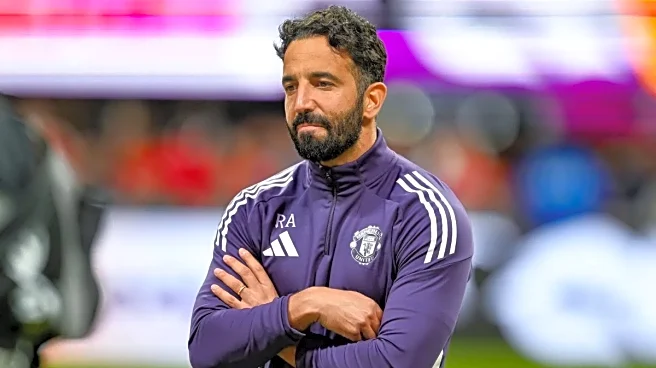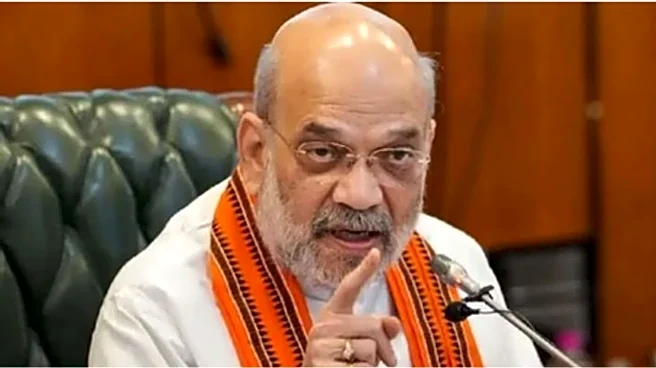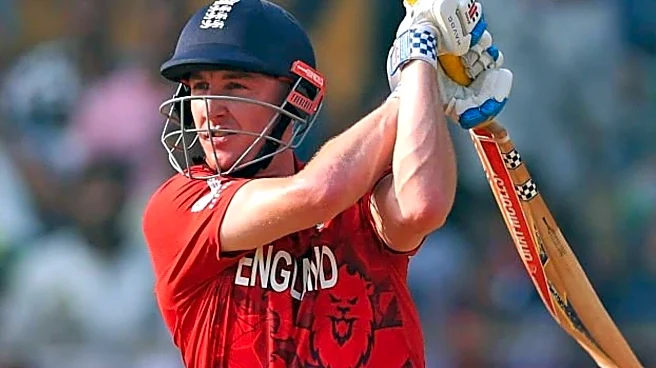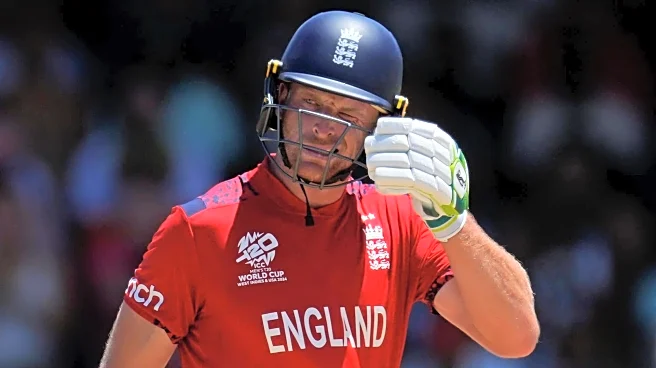Will Ruben Amorim be a Manchester United manager at the turn of the calendar year? That remains a big question. The Manchester United boss has been dismal since taking over the reins from Erik Ten Hag.
Despite the hype, Amorim's stint at Old Trafford so far has been nothing short of a disaster. United have continued their pattern of inconsistency, and the results have been fairly disappointing this season as well. Defeat against Grimsby Town in the EFL Cup was a damning one, while the Premier League form has also been catastrophic.
Apart from the win over Chelsea, the Red Devils have struggled to find wins in the league. Their only other win in this league campaign is a 3-2 victory over Burnley, which required a 97th-minute winner from Bruno Fernandes.
Amid this, the future of Amorim has come under scrutiny.
But if Jim Raatcliffe thinks about changing their manager again, how will the finances be impacted?
Manchester United have spent a substantial sum on sacking managers since the retirement of Sir Alex Ferguson in 2013, reflecting both the volatility and the lack of results of his successors. As per a report from The Athletic, the cumulative figure for severance packages and related costs exceeds £70 million, with each managerial change carrying significant financial repercussions for the club's balance sheet.
Man United Managerial Sacking Costs: A Breakdown
Since 2013, here's how much Manchester United have reportedly paid in severance to each outgoing manager (including their coaching staff):
David Moyes (2014): £4.9 million
Louis van Gaal (2016): £8.4 million
Jose Mourinho (2018): £19.6 million - the largest payout in the club's history
Ole Gunnar Solskjaer (2021): £9.1 million
Erik ten Hag (2024): £10.4 million
Ralf Rangnick (2022): Official figures are unclear, though compensation associated with his departure was reported at £14.7 million, which may include other exit costs and not just the manager's payout.
Ruben Amorim (Potential Future Cost, 2025): Sacking Amorim could cost between £12-20 million, depending on the timing and compensation agreements, with media suggesting around £12 million for him and another £8 million for his backroom staff.
While each individual payout is less than 1% of United's annual revenues, the combined effect is significant, especially as recent managerial cycles have involved buying out contracts early and paying for large backroom teams. The case of Amorim illustrates this trend: with multi-year deals and large staffs, United are locked into expensive settlements each time a reset occurs.
But as per as Amorim is concerned, he may not have the sacking. The recent notions suggest the United hierarchy's faith in the Portuguese manager, who may get further time to turn the tide. As the Red Devils take on Sunderland on Saturday in the league, the tension remains palpable. United need to find a result, a positive one, to take a step forward in the right direction. If they continue to linger around in the bottom half, the pressure will be ominous, and that's not healthy for their club.



/images/ppid_59c68470-image-177055253274592260.webp)




/images/ppid_a911dc6a-image-177055204730730270.webp)





/images/ppid_a911dc6a-image-177055063503783286.webp)
